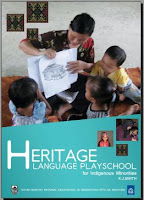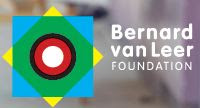[MLE] Article "Linguistic Right And Language of Politics "

Dear Multilingual Education friends, Samir Karmakar of Jadavpur University , Kolkata wrote on CounterCurrent an short article on Linguistic Right And Language of Politics . He points out through a powerful graph that even the state languages are declining. He criticises the multilingual education efforts as they still seems to promote a shift to English: The introduction of mother tongue in the elementary education, as is proposed by different agencies, is mainly from the angle of cognitive development. In order to facilitate the young learners' cognitive development, their mother tongues are proposed to include in the language curriculum in elementary level under the assumption that, as has been pointed out by World Bank in Priorities and Strategies for Education (1995), this approach will “promote the cognitive development needed for learning a second language”. As the learner moves to the h...

